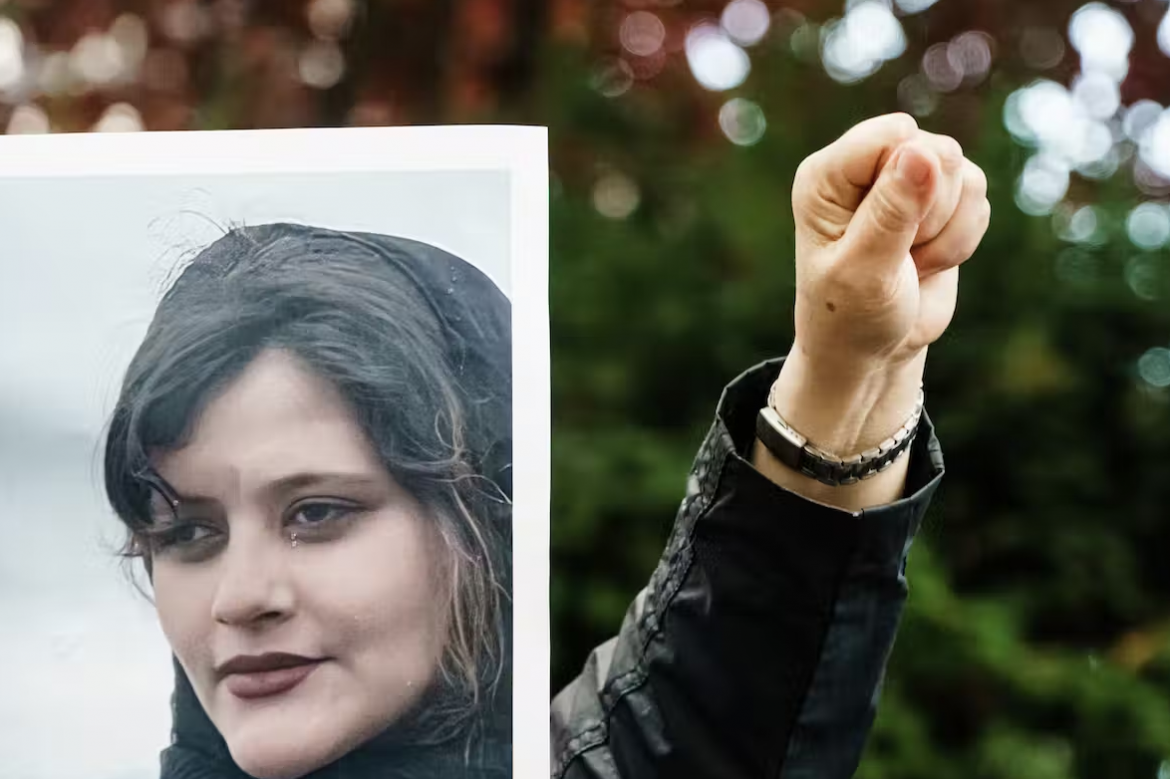After the death of Mahsa Amini, who lost her life after failing to meet dress code regulations in Iran, Arab women and feminists around the world have roared in protest.
Amini is believed to have been beaten to death for failing to meet the stricter dress code regulations imposed recently for wearing her hijab “incorrectly.”
Since the news of her death, women burned their headscarves in protests.
Reports have shared that hers was not the first death, nor do people believe it will be the last under the “morality police’ and their alleged violation ‘orientation’ programmes.
For reference, Amini’s brother was told she had been taken to one such programme, and a few hours later she was hospitalised, with the Police Information centre claiming alongside a sketchy video, that she had simply collapsed.
However, the unrest and conversation around the dress code laws have reportedly seen the Iranian government shut down the internet. Amini’s story would hardly have spread as quickly as it did if videos of her in hospital wearing head bandages had not reached social media.
A few TikTokker’s from the Arab world have made the claims that their internet had been shut down, in what WIRED called a ‘deadly crackdown’.
In a massive protest that happened this week, protesters were filmed confronting the police where clashes were captured. Thereafter, internet access reportedly became dismal, with a focus on Instagram and Whatsapp.
According to Doug Madory, the director of internet analysis at a monitoring firm, this is a popular means for the government to ensure censorship. It was the same move the government pulled back in 2019 amid fuel price protests.
According to Reuters, death tolls have risen since the recent outrage.
The internet shutdown marks not only a form of ‘grounding’ locals but also closes the door to the international community.
The shutdown has only escalated fears that some activists had – that the rest of the world would forget about their plight.
Feature Image: EPA-EFE/ Clemens Bilan

